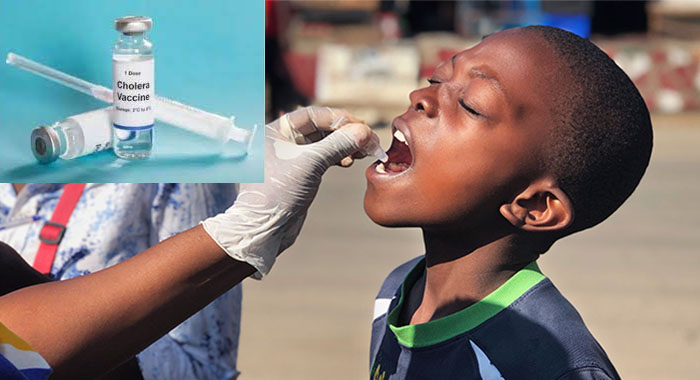
The Gauteng province in South Africa is currently experiencing cholera outbreak, according to the National Department of Health. At least 10 cases of the bacterial disease have been confirmed, with four new infections reported on Wednesday, March 29th, 2023. These new cases were traced back to baptism ceremonies held at rivers in Gauteng.
This cholera outbreak comes after six other cases were detected in the province, bringing the total number of cases to 10. Unfortunately, one person has already died from the disease, which primarily spreads through contaminated water and food.
The Department of Health has released a statement regarding the recent cases. According to Foster Mohale, a spokesperson for the department, the seventh and eighth cases of cholera were a couple from Diepsloot who were admitted to Helen Joseph Hospital on March 21st, 2023. They were suffering from acute watery diarrhea and severe dehydration, which are common symptoms of cholera.
Cholera is a highly contagious bacterial disease that can cause severe diarrhea, vomiting, and dehydration, and can lead to death if left untreated. It is primarily spread through contaminated water and food, and can quickly become an epidemic in areas with poor sanitation and hygiene practices.
The Department of Health has urged the public to practice good hygiene habits, such as washing hands regularly and thoroughly, and to avoid drinking untreated water or eating food from untrusted sources. They have also advised against participating in baptism ceremonies in rivers or other bodies of water, as these can be a common source of contamination.
The Gauteng province has been placed on high alert, and measures are being taken to contain the outbreak and prevent it from spreading further. Medical facilities are being equipped with the necessary resources to treat and manage cholera cases, and public awareness campaigns are being launched to educate the public about the disease and how to prevent its spread.
Overall, this cholera outbreak in Gauteng is a stark reminder of the importance of proper sanitation and hygiene practices, especially in areas where access to clean water and adequate sanitation facilities is limited. It is crucial that individuals, communities, and governments work together to prevent and manage outbreaks like this in the future.












